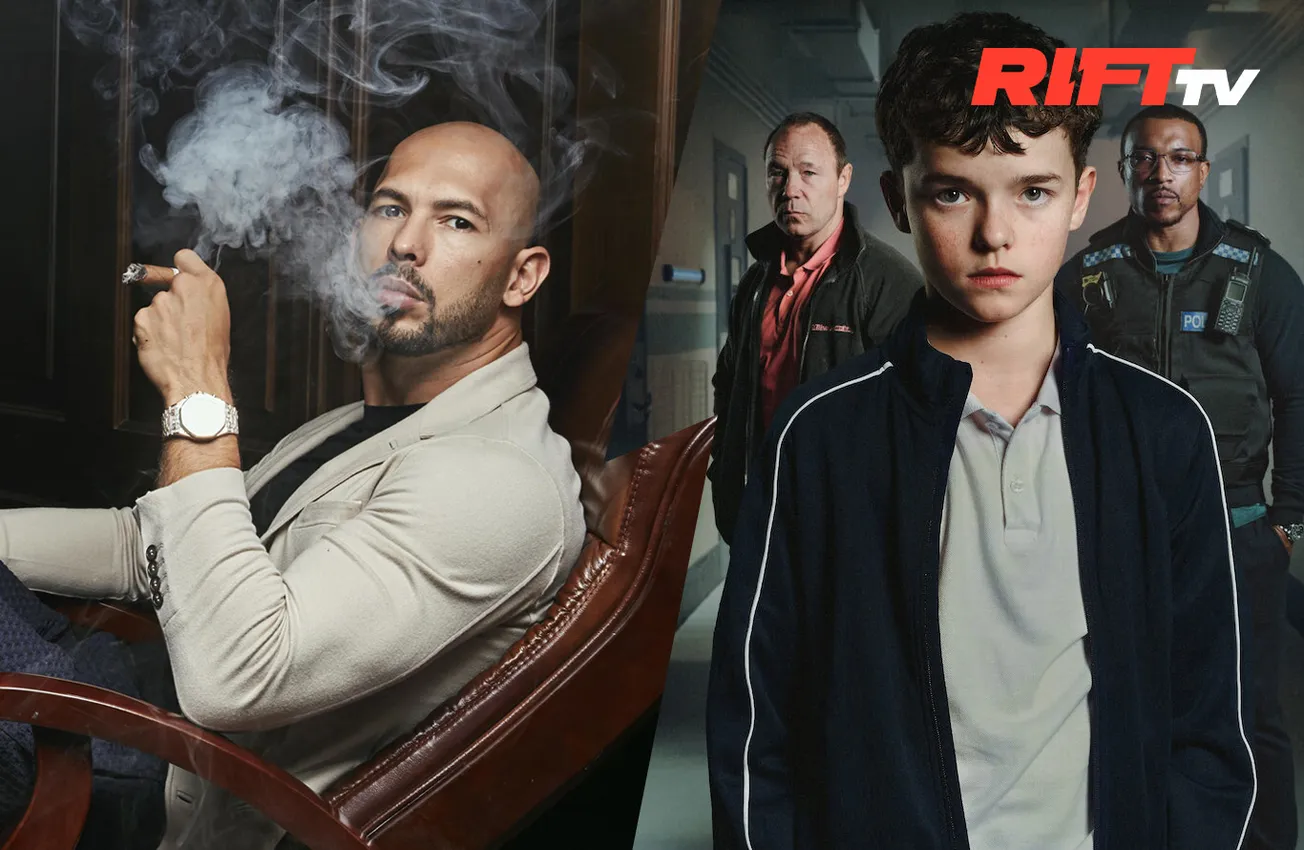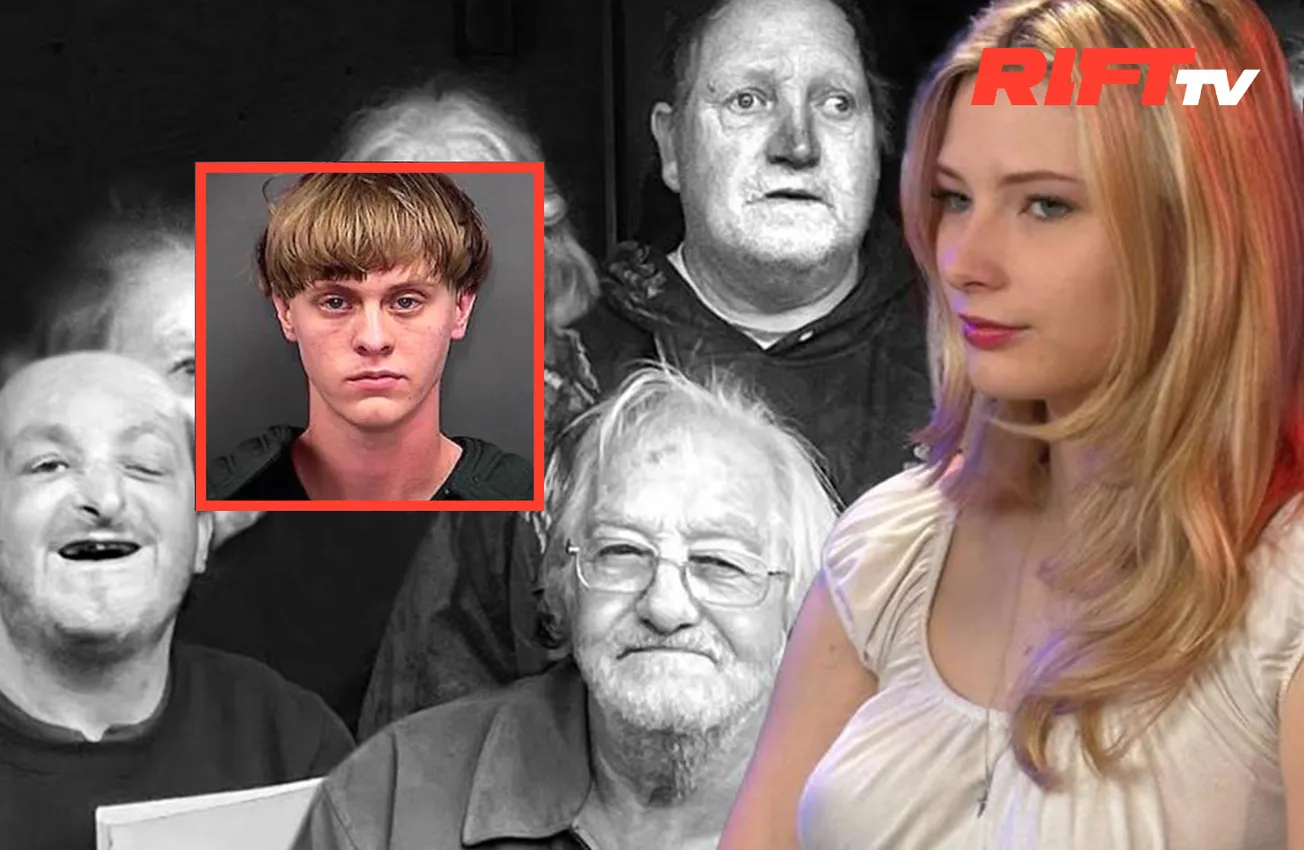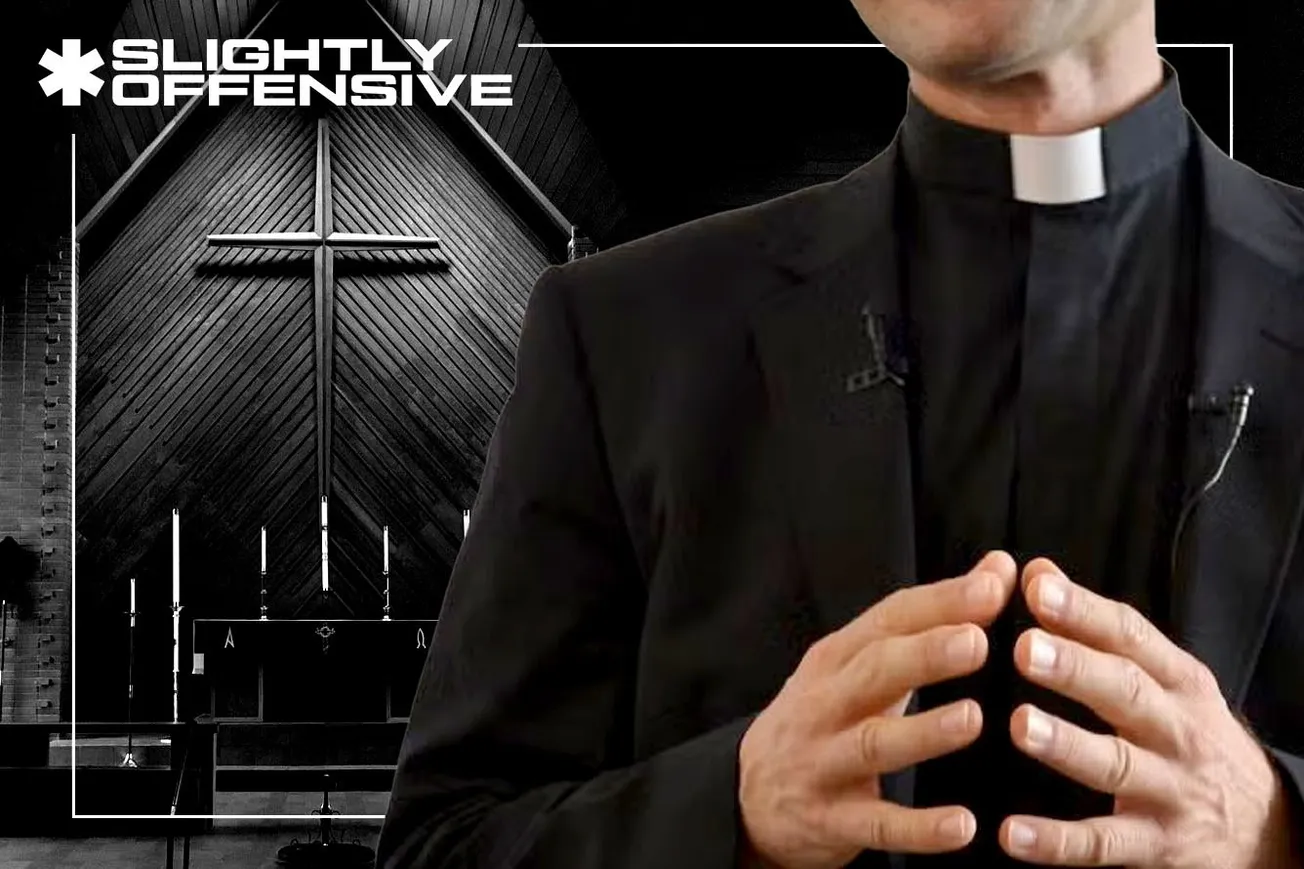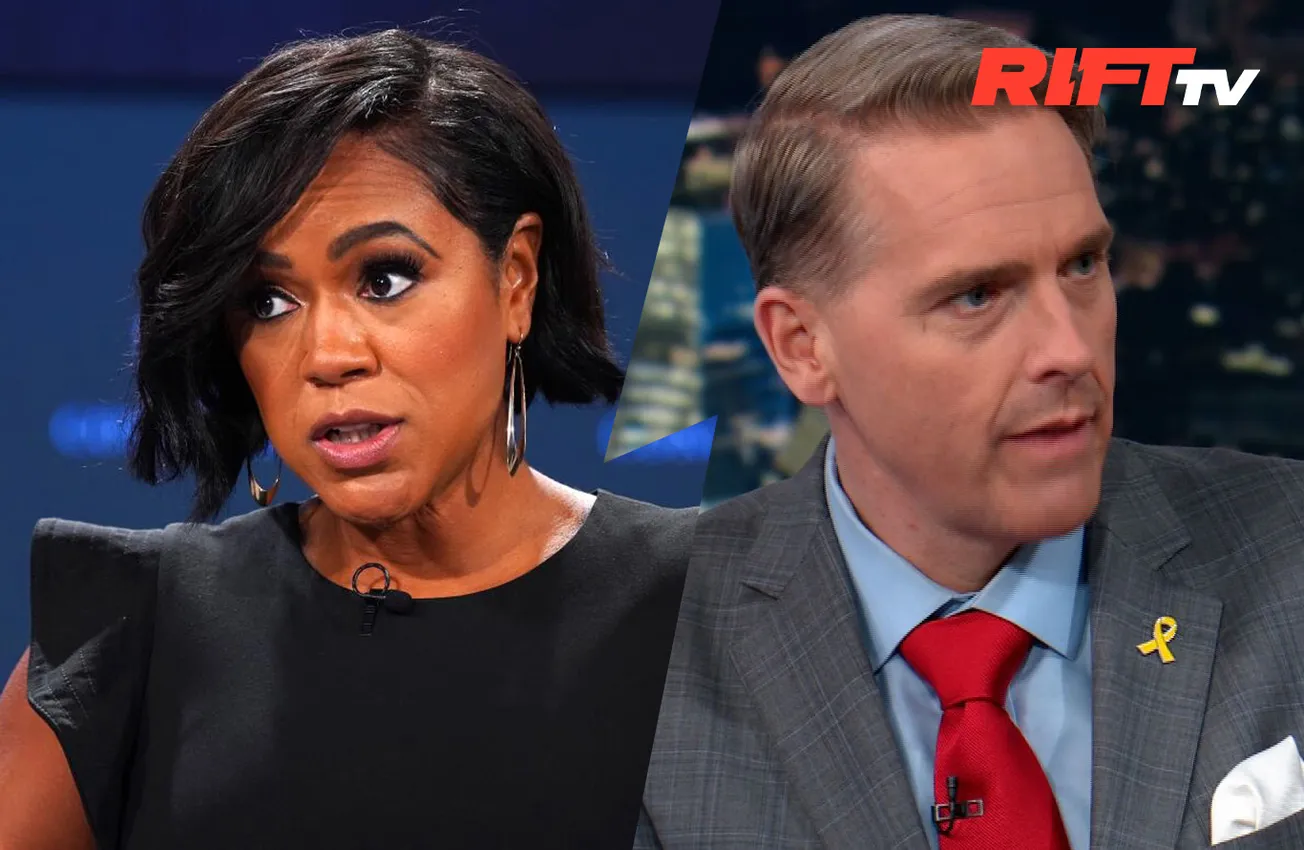For the past month, the UK has been undergoing a national struggle session, caused by the release of Netflix drama Adolescence.
Adolescence follows a 13-year-old White boy named Jamies who has murdered a girl his age in a stabbing. Over the course of the four-part series, we learn that the boy was driven to murder because of latent misogynistic aggression, originating from his discovery of “redpill” influencers like Andrew Tate, as well as online discourse focused around inceldom.
The series is well-acted and watchable, but it’s a little hard to suspend disbelief around the show’s premise. Knife-crime is a problem in the UK, but it’s very rarely coming from young, middle-class White boys like Jamies.
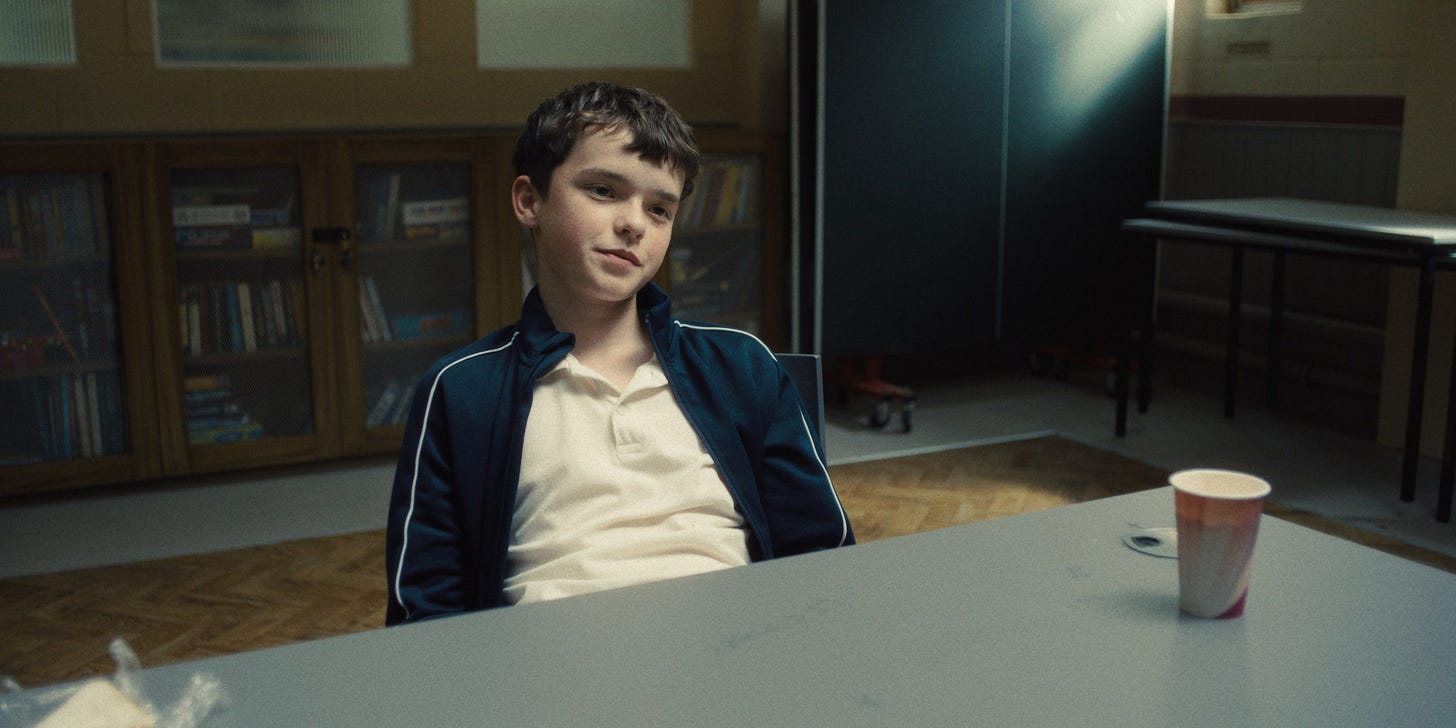
Across England and Wales, 38% of knife-crime possession charges among youths are from people who self-define as ethnic minorities, a significant overrepresentation in a country that is still 83% White. It’s harder to find data for knife-murders, but in England’s capital London, Black individuals (13% of population) account for 61% of knife murders; Whites, just 18.1%.
And while that still leaves a lot of White knife murderers in the UK, these are usually domestic altercations, crimes of passion, and so-called “booze and blades” scenarios caused by pub fights or street brawls. In other words, boys like Jamie don’t exist. There isn’t any indication that the proliferation of “redpill” content is leading to a great upswell in violence against women. The Crime Survey for England and Wales, which attempts to record typically unreported incidents of domestic violence for the largest possible scope of this problem reports consistently declining rates of violence against women.
Of course, politicians and media pundits won’t let boring details like crime statistics get in the way of a good narrative. Adolescence sparked a national — then international — conversation on the apparent crisis of violent adolescents being radicalised by the redpill. The leaders of both Ireland and the UK promised to introduce showings of Adolescence to schools. Irish Taoiseach Simon Harris credited Adolescence for sharing insight into how “toxic influencers” fill a void in young men’s lives. Keir Starmer even invited the creators of the show and a cadre of NGO’s to 10 Downing Street to discuss this imagined crisis.
Knowing the reality behind the growing knife-crime problem in countries like the UK and Ireland, it has been quite surreal to watch liberal elites completely invent a narrative that fits their biases, then begin implementing policy on the assumption it’s real. But then I remembered how many times the same kind of people moved by this show invoke Harry Potter, The Hunger Games and The Handmaid’s Tale.
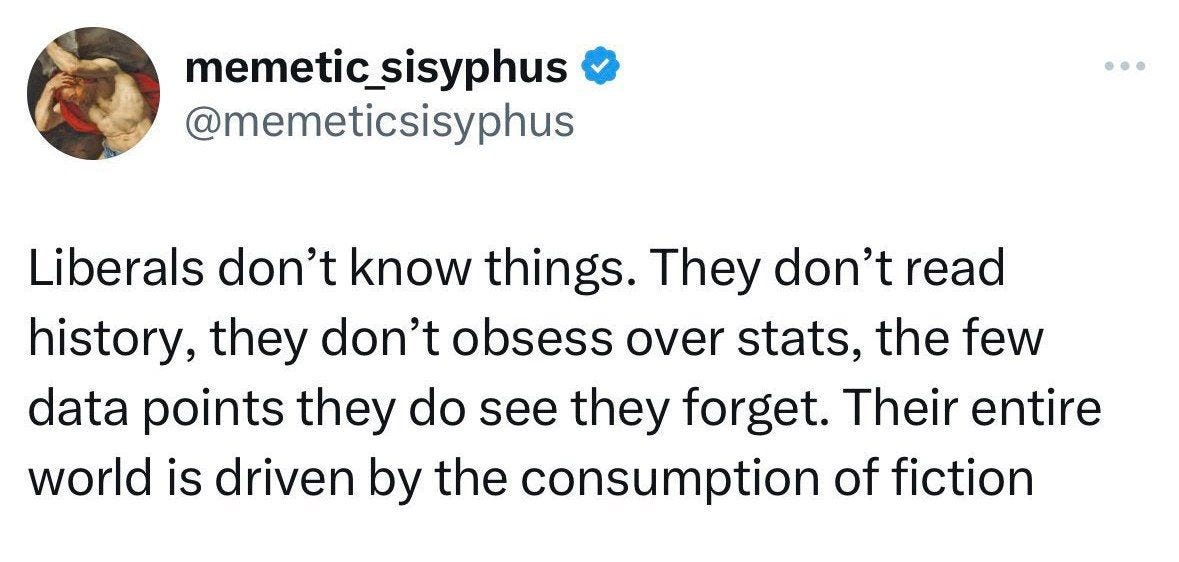
What causes this clinging to the simple morality tales found in teen fiction and dystopian slop? Part of it is just the overlap between a liberal disposition and being drawn to the arts and fiction — liberals score far higher in the personality trait of Openness than their conservative counterparts. But, as evidenced by the response to Adolescence, it isn’t just that they enjoy fiction more, it really does activate deeper political instincts in them to the point of mistaking fiction for reality.
One fact that has been well established in recent years is that left-wing people have significantly higher rates of mental illness. A well-publicised, peer-reviewed study in 2023 found a strong correlation between “left-wing authoritarianism” — people on the left who think it would be legitimate to overthrow the state and impose their politics — and dark triad personality traits associated with narcissism and psychopathy. The authors conclude that “individuals with dark personalities — such as high narcissistic and psychopathic traits — are attracted to certain forms of political and social activism which they can use as a vehicle to satisfy their own ego-focused needs instead of actually aiming at social justice and equality.”
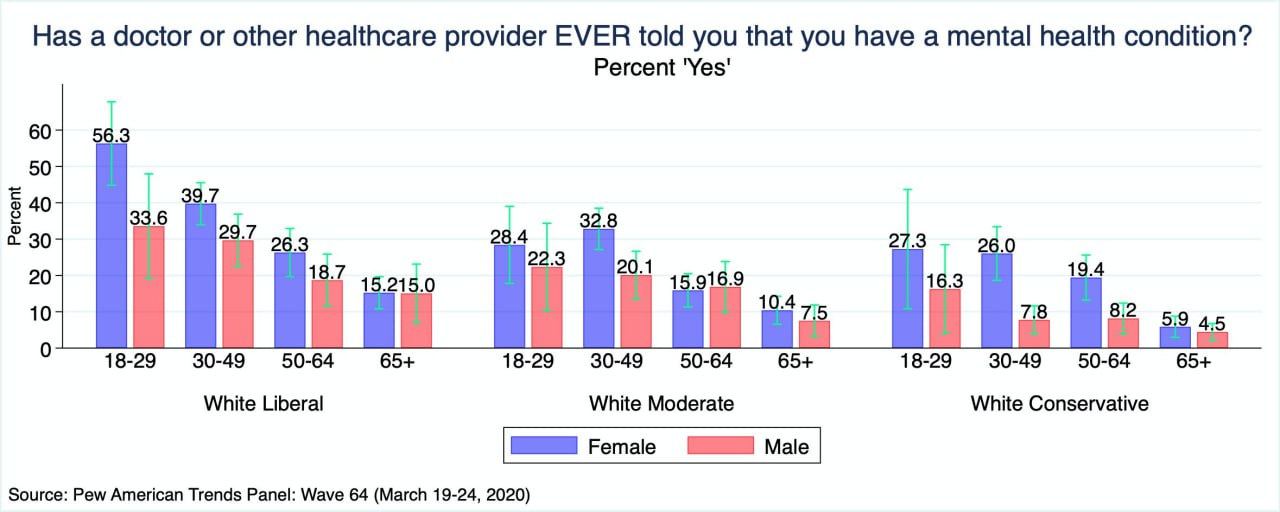
This applies to the more extreme end of the political left, but a trait that seems to be common among political liberals — both moderate and extreme — is their neuroticism. Neuroticism is one of the “big five” personality traits used in clinical psychology, and it measures someone’s tendency toward negative emotionality: depression, anxiety, frustration, self-loathing, loneliness etc. and along with the trait of openness, is something liberals score noticeably higher in than conservatives.
How does this tie back to their resonance with fiction? A 2020 psychological paper studied a phenomenon called “catastrophic thinking”, a trait that is common to all kinds of mental disorders. As the name suggests, this causes afflicted individuals to catastrophise otherwise minor challenges or worries. Not only would we expect to see this trait far more represented among the more neurotic left, but the study itself notes that political progressives were more prone to viewing systemic issues as immediate, existential threats. If there is any kind of political message in fiction they are moved by, especially something portraying a dystopian future or imminent social crisis, these individuals will be deeply affected.
Catastrophising biases attention toward worst-case scenarios, a trait amplified by dystopian fiction’s focus on irreversible tyranny. As it is an irrational pattern of thought, it makes sense people engaging in it will overlook data or more charitable interpretations of their political enemies. During the 2024 election, mentally unstable feminists really did believe that Donald Trump and JD Vance were going to make The Handmaid’s Tale a reality. Now, progressives really are panicked about a generation of violent young men being turned into ticking time bombs by encountering “toxic” influencers.
A century ago, W.B. Yeats wrote that "The best lack all conviction, while the worst are full of passionate intensity." Yeats' observation is well vindicated by psychological research, which shows that mentally unstable and psychopathic people will often be drawn to politics with a “passionate intensity” others lack.
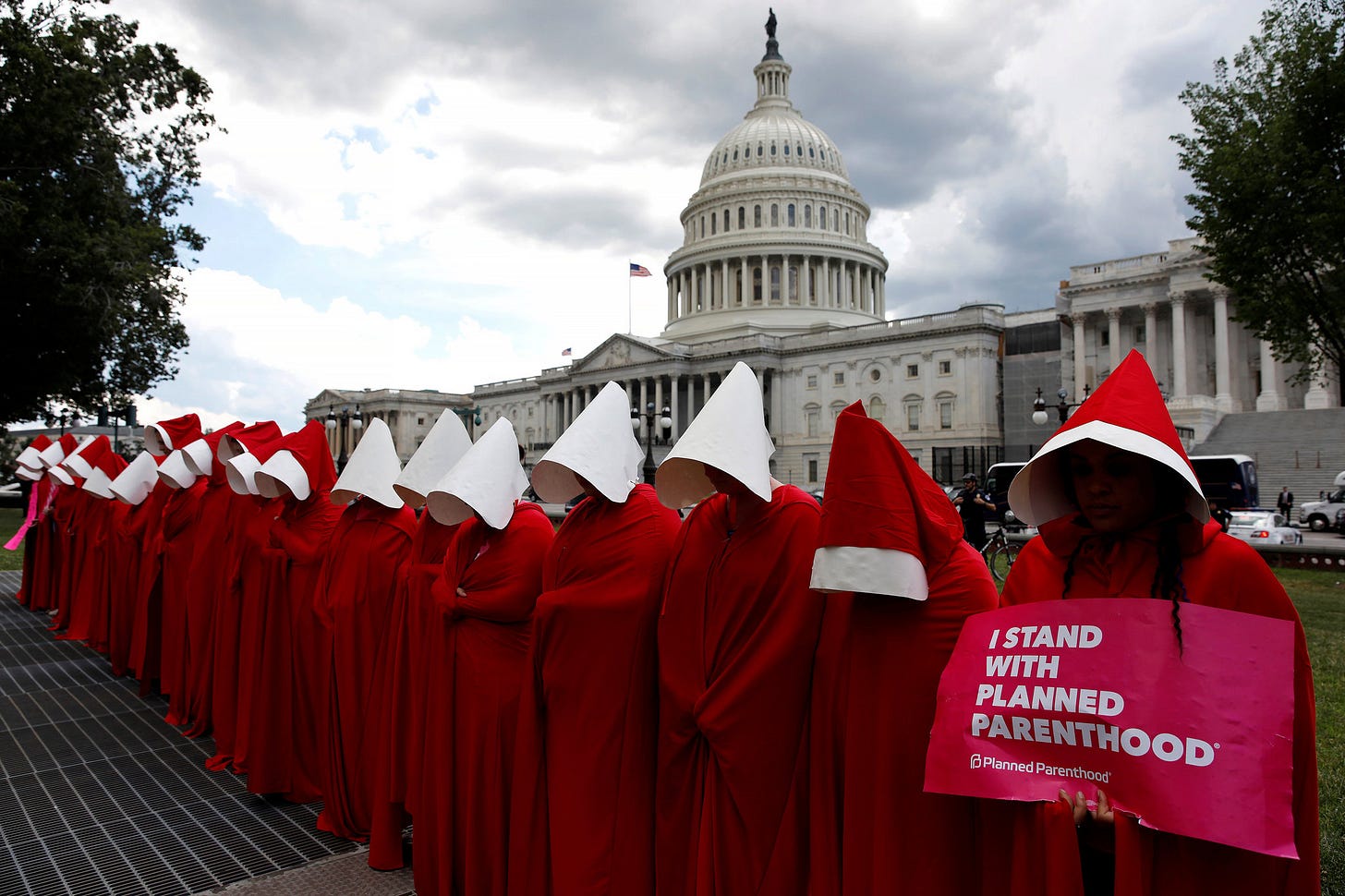
More fundamentally though, liberals typically adopt their views more for social capital than any strong ideological commitment. Modern liberalism is constructed around a series of “luxury beliefs” — viewpoints which come at no personal cost to them and are held primarily to signal virtue and status, but have potentially severe consequences for other members of society. The classic example is the Hollywood millionaire actor signalling support for open borders from gated estates, or urban liberals imagining White incel killers while ignoring who’s actually wielding knives.
Some of these beliefs have become so ludicrous that they require constant affirmation from fiction to reinforce them. People that have actually lived around non-Whites are generally less idealistic about dreams of multiracial harmony. If you wanted to embark on a moral crusade about women’s rights or White supremacy in the 1960s, there was some real world material you could draw on to justify hysteria. Now, liberals need a world of Black scientists, White gangs, racist police officers and incel killers to justify their beliefs, which can only be provided by a constant supply of regime media.
In the end, the only thing Adolescence is a wake-up call to is how disconnected otherwise educated people are to what’s happening outside their living rooms. Even in the digital age, well-produced media is still capable of social engineering on a grand scale, and the UK may yet experience the real-world consequences of yet more draconian censorship laws as a result. The stories progressives tell themselves may reflect little about reality, but they will bend the world to their script.
Follow Keith Woods on Substack.

